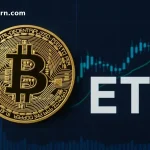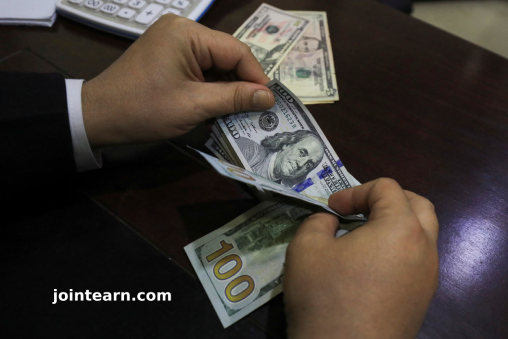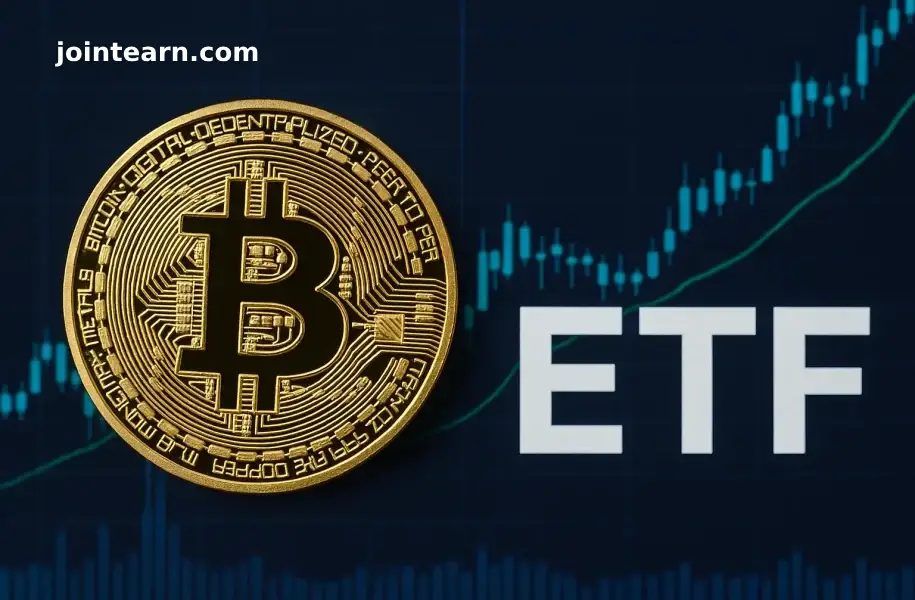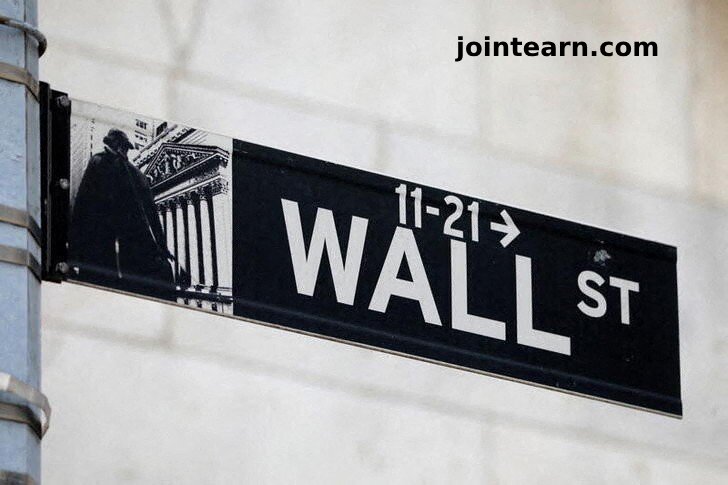The U.S. dollar is expected to remain relatively stable in the coming months despite growing concerns over the economic impact of President Donald Trump’s unpredictable tariff policies, according to a Reuters poll of foreign exchange (FX) strategists.
Over one-third of the strategists surveyed also voiced concerns about the greenback’s long-standing role as a safe-haven currency in global markets.
Trump is set to impose reciprocal tariffs on the U.S.’s trading partners on Wednesday, in some cases adding to tariffs already announced. This has led to widespread confusion and uncertainty, particularly within currency trading desks.
Recent data from Commodities and Futures Trading shows that traders have significantly reduced long positions in the U.S. dollar, which had been at near-decade highs. Positions have shifted to “net short” for the first time since October, partly due to market speculation surrounding additional Federal Reserve rate cuts. Initially, traders anticipated two cuts this year, but the market now expects three.
When asked about positioning changes by the end of April, survey respondents did not show a clear consensus. This marks a sharp contrast to just two months ago, when strategists predicted that speculators would continue to build up long positions in the U.S. dollar.
“There’s a growing fatigue in trying to navigate U.S. tariffs and their implications for currencies. Investors are hesitant to take positions for an uncertain outcome,” said Paul Mackel, Global Head of FX Research at HSBC.
Of the 35 strategists who participated in the March 27-April 1 Reuters survey, 17 predicted minimal changes in positioning by the end of April. Nine expected an increase in net short positions, while seven saw a potential decrease. Only two respondents forecast a reversal to net long positions.
Outlook for the Euro and Dollar Index
Strategists in a broader survey of 69 market experts predicted the euro, currently valued at around $1.08, would dip slightly to $1.07 in three months before returning to $1.08 in six months. The euro was expected to rise by around 2% to $1.10 over the next year.
The dollar index has fallen approximately 4% this year after gaining 7% in 2024. The euro’s surge has been fueled by optimism surrounding Germany’s infrastructure and defense spending plans, which are expected to boost the common currency bloc’s economy.
“We’re still in a wait-and-see mode. While some investors have given up on the dollar, we believe there are not enough factors to drive a significant decline in the dollar over the next six to twelve months,” Mackel added.
Concerns About Safe-Haven Status
Some strategists have raised concerns that President Trump’s isolationist policies could contribute to the erosion of the U.S. dollar’s safe-haven status in the longer term. This comes after several years of strong dollar performance and an increased appetite for U.S. assets.
Just under 40% of strategists (19 out of 51) expressed concern about the potential weakening of the dollar’s reputation as a global safe haven, particularly in the long run. The remaining 32 respondents were not as worried about this trend.
“There are some emerging risks that the dollar’s safe-haven status could erode,” said George Saravelos, Global Head of FX Research at Deutsche Bank. “A weakening U.S. economic outlook reduces the dollar’s attractiveness as a risk-off hedge, and broader challenges to the stability of U.S. institutions could reduce foreign investor confidence in holding dollars.”
Even some strategists who weren’t overly concerned still acknowledged the possibility of gradual slippage. Arindam Sandilya, JP Morgan’s Co-Head of Global FX Strategy and Head of Macro Strategy for Asia, noted that a slow erosion of the dollar’s dominance could continue over time.
“A long-term trend of U.S. dollar decline may persist, with central banks increasingly diversifying their reserves into alternative assets like gold,” Sandilya said.












